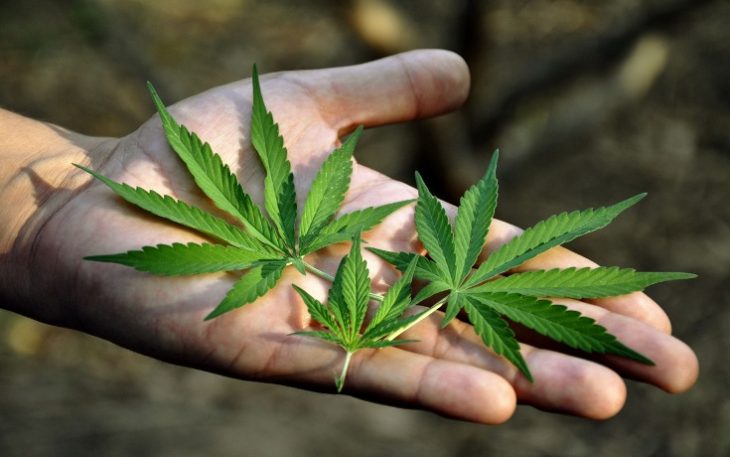Cannabinoids is a generic term, including all of the chemicals that are both natural and artificial, which locks on cannabinoid receptors i.e. protein molecules that are present on the surface of the cells.
Human beings were using cannabis as a form of medicine and/or recreation for many years throughout history; however, cannabinoids had been purified first from cannabis during the ‘40s. The structure of the organic compound, which happens to be the active ingredient of cannabis – delta-9 tetrahydrocannabinol (THC) was first found during the ‘60s.
Only by late ‘80s, scientists discovered the very first cannabinoid receptor along with the findings of cannabinoid-like chemicals that we create within our own bodies, which are called endocannabinoids. These cannabinoids have been reported to inhibit tumor growth, kill cancer cells, protect inflammation of the colon, and offer more benefits under laboratory conditions.
However, as per current research, cannabis is not fully qualified for curing cancer, but it does a better job than chemotherapy. It may relieve patients from most of the suffering, but it still isn’t capable of preventing death by cancer.
At present, the best results in lab or by animal models has only occurred due to the use of a combination of well purified THC and CBD i.e. a type of cannabinoid found in cannabis plants that counters the mental effects of THC. However, scientists also discovered positive results when they used synthetic cannabinoids.
Even though it is an intriguing research that helps in shedding light on how the molecules really work, which pinpoint how cancer cells respond to cannabinoids like THC and CBD, and proves all the ways to make such cannabinoid drugs effective in coming future, it definitely isn’t a proof that it will effectively cure cancer at the moment.
There have been many such lists of scientific data available online on several websites that claim they can apparently prove that marijuana can cure many different types of cancer. Under laboratory conditions, it is not effectively ‘proved’ that killing cancer cells in lab mean that it is currently a cure for cancer patients as laboratories function as a controlled environment.
These results reveal that THC taken can be considered safe as it doesn’t cause any serious side effects. However, since it is an early trial, it cannot be said whether or not THC can help in increasing the lifespan of a cancer patient. Also, though it evidently cannot cure cancer, this lab trial inclines us to believe that cannabinoids, if thoroughly studied, should undergo further clinical trials.









